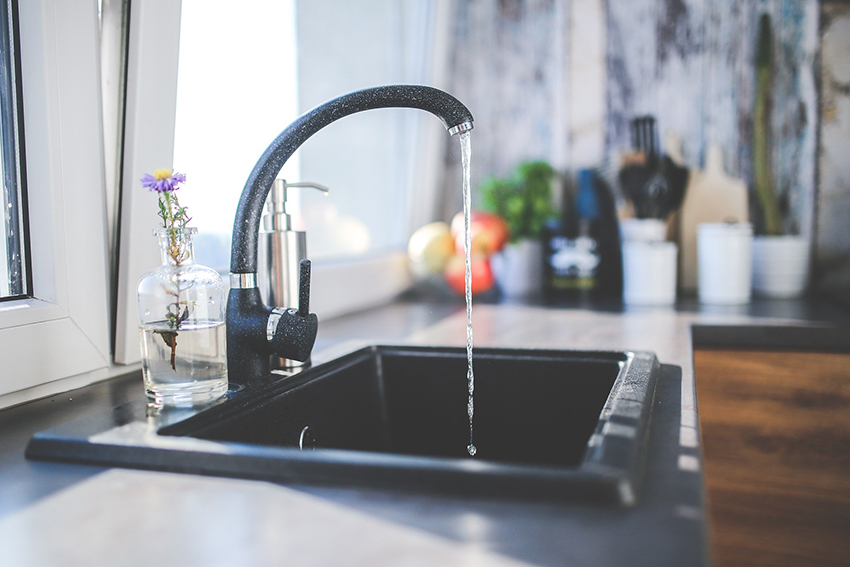The Anti-Eviction Act is a New Jersey law that protects residential tenants’ rights and specifically prohibits landlords from evicting residents without good cause. N.J.S.A. 2A:18-61.1 (2017). Good cause is considered to be anything that “has willfully or by reason of gross negligence caused or allowed . . . damage . . . to the [landlord’s] premises.” Gross negligence is a level of conduct that falls between “simple negligence and intentional infliction of harm, or, “willful misconduct.” What is gross negligence is not always clear, though, even with a definition.
A New Jersey Appeals Court recently investigated what gross negligence means in Orange Senior Citizens Residence, LLC, v. Paulette Davis. On October 3, 2016, a building security guard notified the superintendent that there was water flooding the stairs of the building. The water leak was traced back to an elderly woman’s, Paulette Davis’, apartment. They found that she fell asleep with her kitchen sink running, with a stopper in the sink.
The water damage was extensive. It leaked into the below apartments, damaging adjacent units and a stairwell, and harming the sink, tiles, and countertops of Paulette’s apartment. It also caused destruction to the ceiling tiles of the community room and on top of the furniture area.
The landlord filed a “Notice to Quit and Demand for Possession (Notice)” under the Anti-Eviction Act. The notice required that Paulette immediately stop being a tenant, and leave the premises, because of her gross negligence. She responded and requested a “reasonable accommodation” under the Fair Housing Amendments Act (FHAA), 42 U.S.C. §§ 3601 to 3619 (2017), a federal law that aims to offer protections to residents.
In her request, the tenant requested that the owner replace her normal faucet with a “Pillar Tap Metering Faucet,” which requires that someone push down on a meter to turn it on. It also shuts off on its own after a few seconds. The installation of this faucet, the woman claimed, would “guarantee [] that the kitchen sink [would] not over-flow.” She also stated that she suffered from depression, epilepsy and other medical issues.
The courts had to decide what was considered “gross negligence” in this circumstance. “A landlord must prove that its tenant not only caused damage, but did so through conduct that amounts to more than simple negligence,” the Orange Senior Citizens Residence court stated. It looked to prior cases to determine what is considered gross negligence.
In an earlier case, a court found that a tenant was grossly negligent when he drilled holes in the floor to get better access to the landlord’s electric current in the basement. Another case found that a tenant was grossly negligent when he boiled his urine to use on his back to alleviate back pain, and then created a noxious odor in the building when he fell asleep. Based on these definitions, the court found that Paulette’s falling asleep, given her medical conditions, was not gross negligence. Moreover, the fact that she requested the Pillar Tap Metering Faucet, showed that she was not indifferent to what could happen.
Gross negligence is not always a black and white standard, and New Jersey courts will look to earlier “gross” examples bad conduct to help make its decisions.


